‘For heaven’s sake, man, go!’ A week after the Brexit referendum, and that was David Cameron at the despatch box, on Jeremy Corbyn. It might be in the Tories’ interest for Corbyn to be leading the opposition, said Cameron, but it wasn’t in Britain’s, and he should push off sharpish.
At the time, it sounded a lot like deflection. As in, wind your neck in, Hamface. You’re the one who just lost a referendum and your own career, so don’t go blaming it on wild-eyed Grampa Simpson over there, just because he was too busy making jam to do enough press conferences. Latterly, though, I have begun to realise that Cameron was speaking not out of pique, but fear.
He knew that his defeat over the EU was a wound suffered not just by his particular government, but by government itself. Henceforth the Prime Minister, whoever that turned out to be, would be a hostage to populism, operating like a child who runs down a steep hill and cannot stop his little legs from pumping, even when the terror strikes. Moderation, prudence, caution, alternative views, or at the very least just enough friction to keep a steady speed — these were all going to have to come from the opposition. And there wasn’t one.
The great mistake of Labour moderates, I suppose, was to have engineered a battle for the soul of the opposition when there was nothing coherent to oppose. They should have waited until now. In the last few weeks, really quite abruptly, Theresa May’s government has coalesced into shape. We now know beyond any doubt which Brexit Brexit means, and it is a hard one of the most Brexity sort.
‘We are leaving the European Union, but we are not leaving Europe,’ Mrs May said in her Lancaster House speech, although her platitudes suddenly have subtext, and the subtext to this one was ‘more’s the pity’. Given the choice even between an emotional fraternity with the EU and one with Donald Trump’s America, we are going all guns for the latter. We’re those guys now. The Farage–ites have won.
Any idiot can sketch out an opposition to a government like that. Try it yourself on the back of a napkin. Personally, I’d start by abandoning the EU. Much as it pains me to say so, there’s simply no path for staying in. For one thing, the mechanics of another referendum are simply exhausting, and nobody will vote to be exhausted. Although keep the single market. Yes, your opponents will expect you to dance on a million pinheads about whether a majority voted for this or not, but ignore them. You’re an opposition, for God’s sake, and thus disagreeing with the thing a majority just voted for is rather the point. Then, with that out of the way, what you start shouting about and don’t stop shouting about is Donald Trump. What you want, you say, is for Britain to be Norway. Or if it helps, Switzerland. Whereas the Tories? They want Britain to be Mexico. And look what happened to Mexico.
That’s not the sort of opposition we’ve got. You could go mad trying to understand Labour’s position on Brexit. It heads off in one direction, then curls back on itself, upside down, like a work by Escher. I’m startled so many shadow ministers have resigned in protest against it, because that suggests they’ve managed to figure out what it is.
Inasmuch as I can make out, Corbyn hates the single market but is pretending to love it, with his only public caveat being that he can’t stomach the freedom of movement aspect, whereas in reality that’s the only part of it he actually likes. And all of this twisting is designed to make voters in Labour’s provincial heartlands think he might agree with their views, which he doesn’t, while also making voters in Labour’s metropolitan seats think he might agree with their diametrically opposed views, which, almost magically, he doesn’t either.
For the Lib Dems, meanwhile, a coherent alternative Brexit policy is tantalisingly close. Stretch, and their fingertips could almost touch it. Practicality, though, is not their forte. What they have not done, and perhaps cannot do, is accept that we really are leaving the EU. Probably they all know it, but you can feel the worried side-glances they must be casting each other in meetings, wondering who will be the first to say so. Their second referendum plan is confusing, sounds duplicitous and frankly just seems a lot of work. Then there’s the SNP, whose whole stance on Brexit is really just a throat-clearing exercise before a different conversation altogether.
Look, I’m not blind. Brexit is happening, and it is happening hard. None of the above is going to make Labour or the Lib Dems win an election, because the problems of both are structural and generational and huge. But what it may do is give them all a point to being alive. Plus, damn it, this is simply what an opposition is supposed to do. This is not a strong government. Peek behind the bravado and you will see that it is secretly terrified, both of its own right-wing backbenchers and of others, unelected, further right still. That’s not scrutiny, however. That’s something else. A proper opposition is one that faces you down, rather than chasing you to run further and faster. Both Corbyn and Farron need to get it together. Or for heaven’s sake, go.
Got something to add? Join the discussion and comment below.
Get 10 issues for just $10
Subscribe to The Spectator Australia today for the next 10 magazine issues, plus full online access, for just $10.
You might disagree with half of it, but you’ll enjoy reading all of it. Try your first month for free, then just $2 a week for the remainder of your first year.


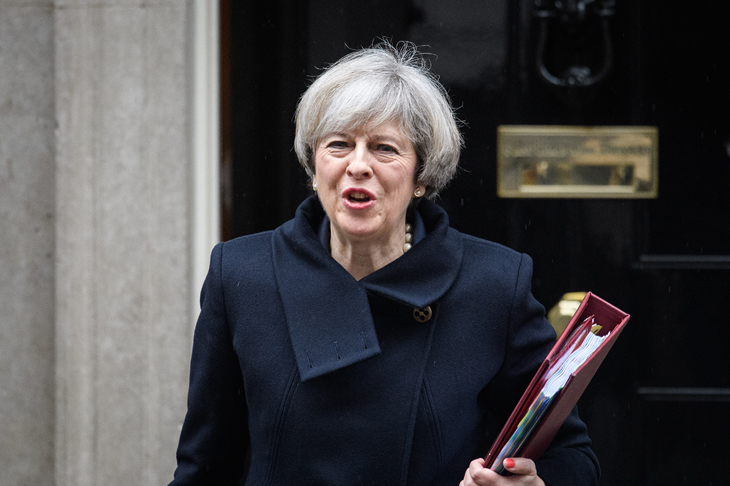
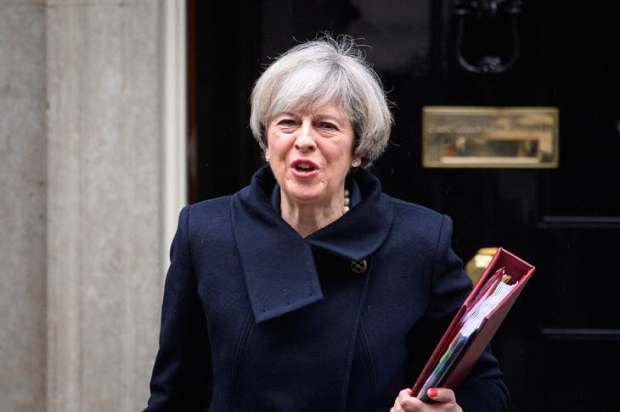

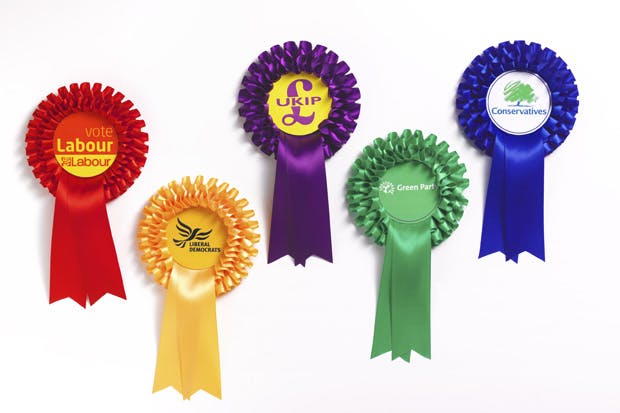
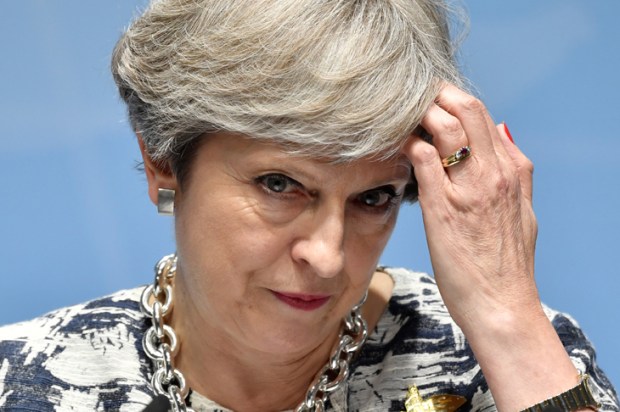

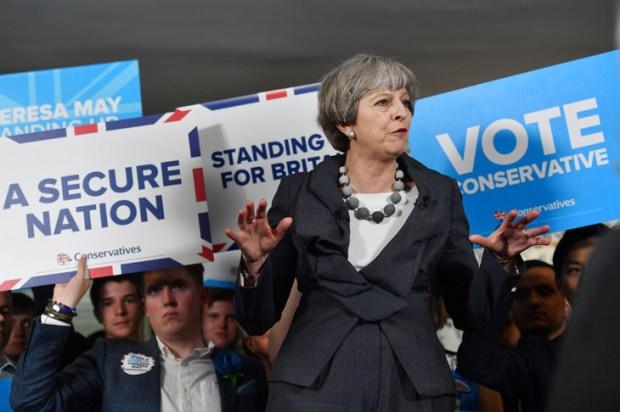






Comments
Don't miss out
Join the conversation with other Spectator Australia readers. Subscribe to leave a comment.
SUBSCRIBEAlready a subscriber? Log in